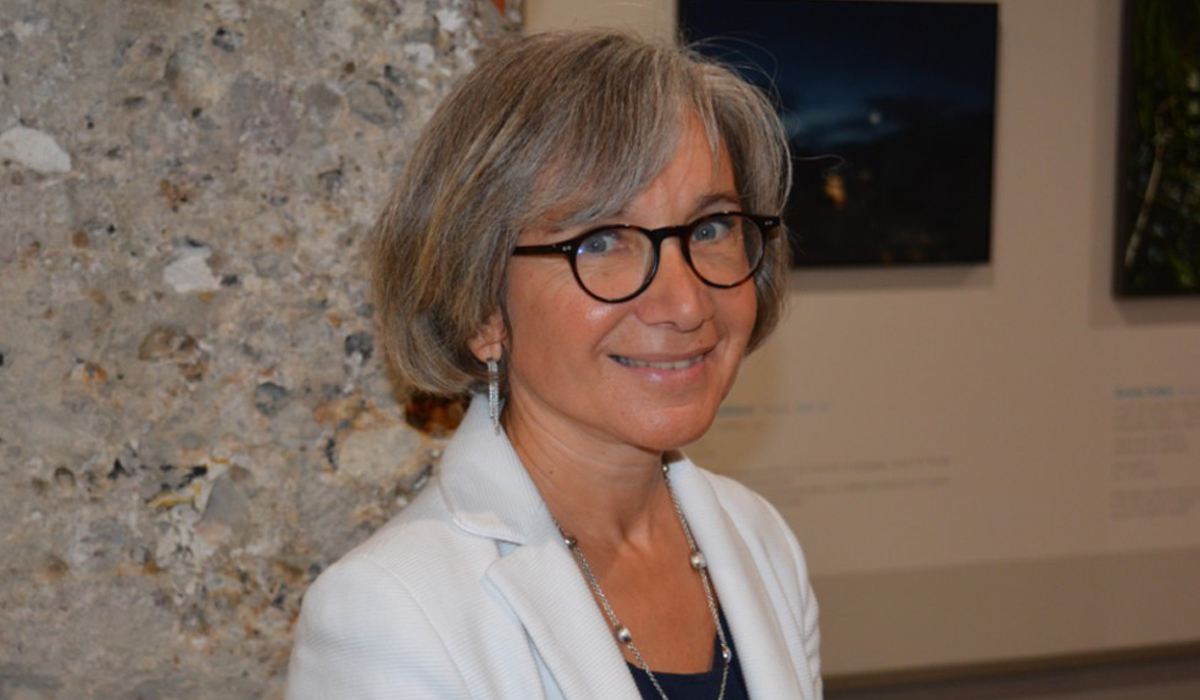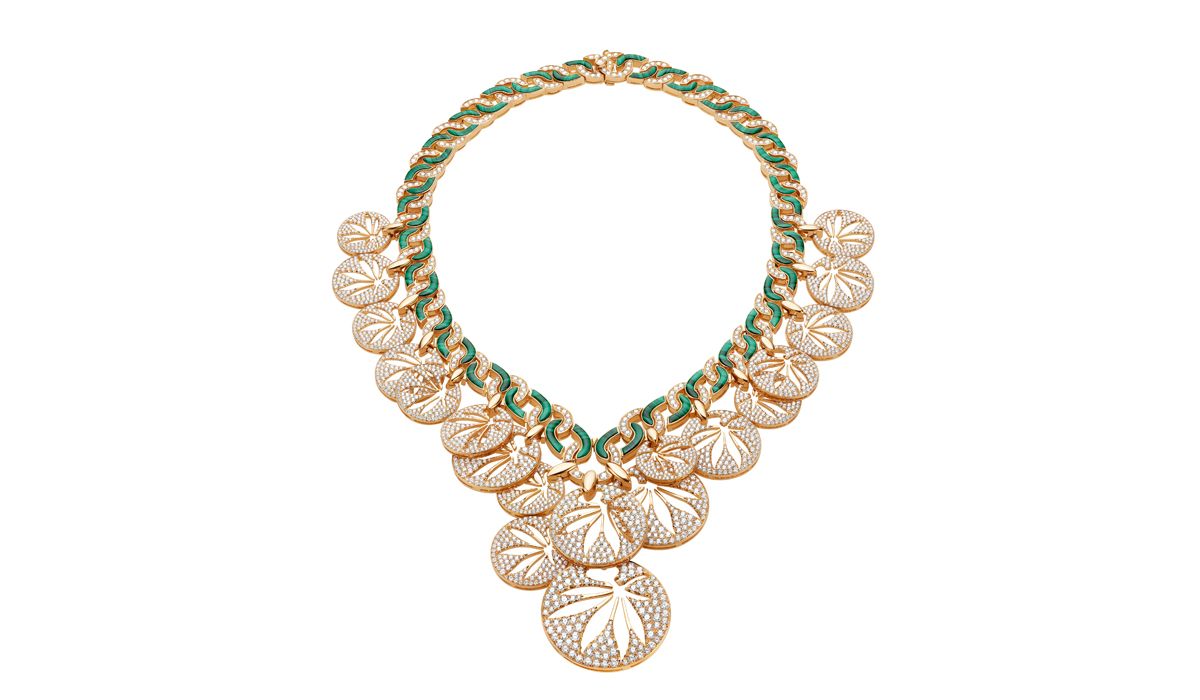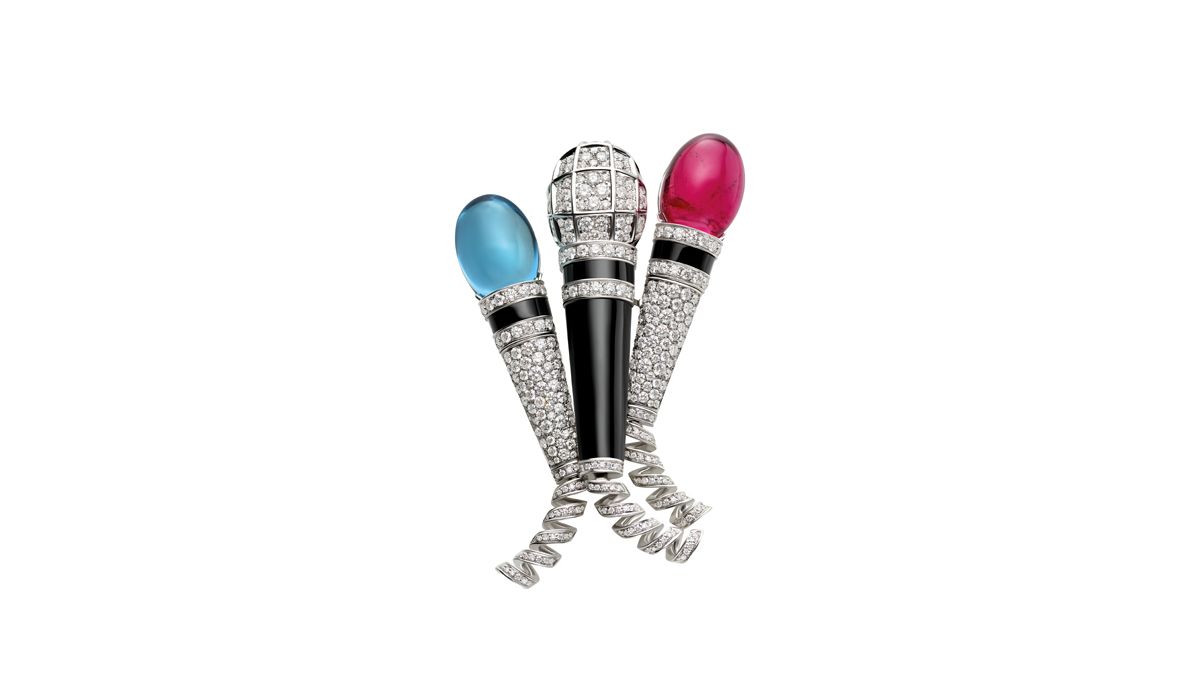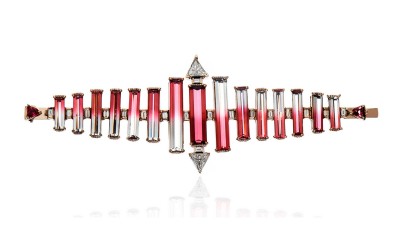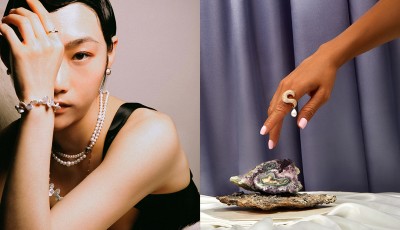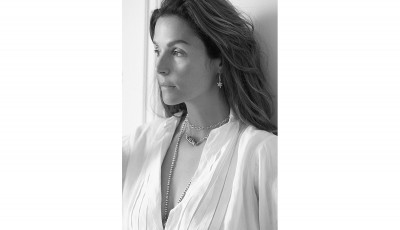Sustainability: a Chat with Claudia Strasserra
The Responsible Jewellery Council was founded in 2005. Since then, 1,100 companies have been certified. The benefits and costs of being sustainable? Claudia Strasserra from Bureau Veritas gives us the answer
Thirteen years is a relatively short time span but it was enough to revolutionize a sector, in terms of its system, but first and foremost, in terms of its substance. There is no more current theme in the world of luxury and jewelry than that of sustainability. And when it is applied to precious jewels, it translates to RJC, which stands for Responsible Jewellery Council. Founded in 2005 by fourteen members, today, it counts over 1,100 certified companies and brands, representing the entire production chain, starting with locating the raw materials in the mines to the various steps of its transformation, and all the way to the final product. Receiving an RJC certificate is a long and complex process, and this is well known to those who give it out, such as Claudia Strasserra, Sustainability Sector Manager of the Bureau Veritas Italia, one of the fifteen international organizations accredited to carry out audits. Here she tells us about the costs and benefits of becoming “responsible.” «If the Bureau Veritas works with RJC, it is thanks to the request of one of our “historic” clients – Gucci – which, about five to six years ago, asked us to certify them in jewelry as well. That’s how we began the process of becoming accredited with RJC. Today, our Italian office is the point of reference for all of the Bureau Veritas auditors in the jewelry field. From here, we coordinate the work of those who check South African mines and workshops in China or India and we then check the quality of the report. RJC his literally transformed the sector. The large brands might have already evolved in that sense, but small companies had workshops and laboratories that were practically thrown together or were almost thrown together, where everything revolved around and in support of the talent and creativity. Now, protecting human rights and the environment are a focal point and you can’t even think about doing a good job, if they don’t include these values as well. Naturally, the first to make a move in this territory, were the big brands, which have always considered their reputation a strong point. But this has led the entire production chain to follow suit, involving suppliers that had to inevitably get up to code to keep up the pace. And the important clients. Just consider what happened when Bulgari arrived in Valenza. Opening a new factory has in a way has raised the entire area’s awareness on the topic of responsibility, which the company has been linked to for years. We could say that the adoption of certain sustainability parameters is a growing trend and this is making a difference in quality in terms of the organization and structure of the company. Until yesterday, being a small company in Italy meant often having a work environment that was not in line with simple national legislation in terms of air quality, lighting and security. The commitment to satisfying these fundamental requisites to get certified has brought to the table above all structures that were up to standard and growth for small and large businesses. In the end, RJS is not asking for much more than what the national laws asks, as, in Italy, they are already very comprehensive when it comes to safety in the workplace. Finally, it’s about taking advantage of commercial opportunities, to be part of a business context that is ever increasing in quality. Of course, there are costs associated with these benefits. RJC registration is calculated based on the sales and size of the company and the audit is proportionate to the type of client. If you have fewer than ten employees, it’s a few thousand euros for three years, about 5,000, to be clear. These numbers cannot and should not discourage anyone, because what you get back is significant. While up until today RJC only dealt with gold, platinum and its derivatives, starting in 2019, the certification will be requested for silver and gems as well. This is something that might interest dozens and dozens of manufacturing companies in Italy.»


